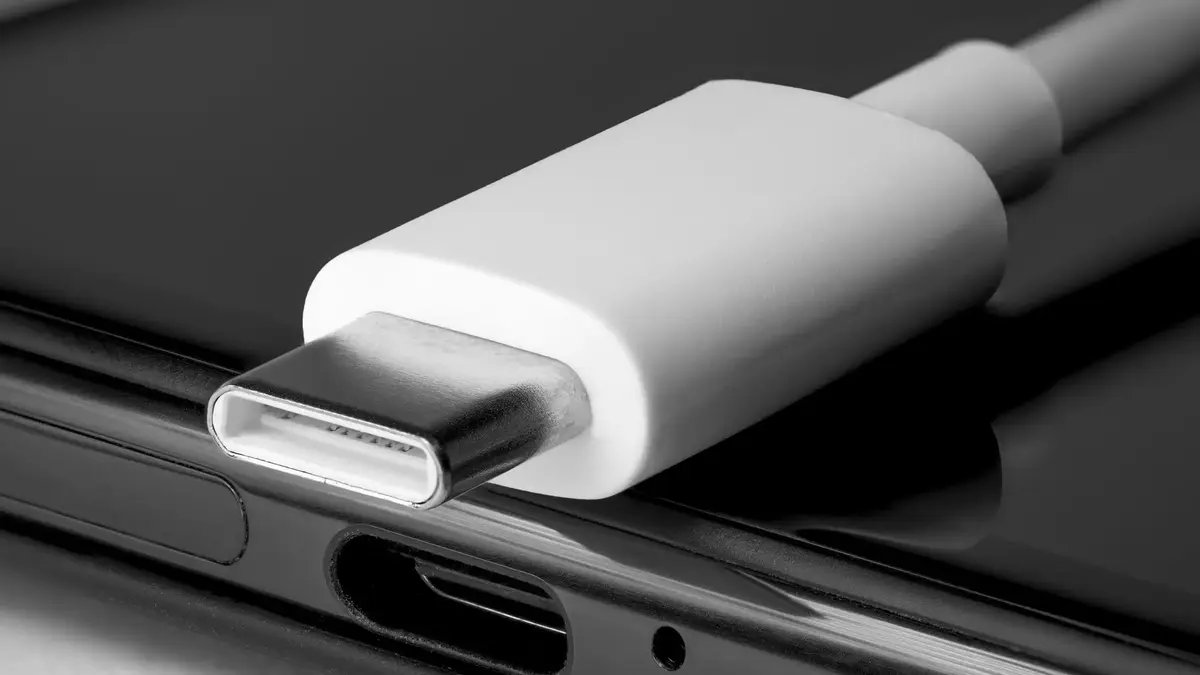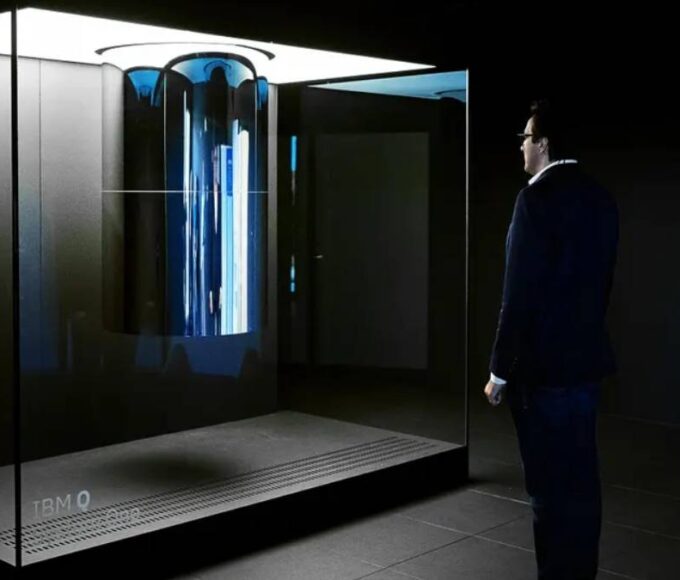The European Commission has announced that by December 28, 2024, all new electronic devices sold in the European Union (E.U.) must support USB-C charging.
This directive, which will eventually extend to laptops in April 2026, aims to standardize charging methods across a wide range of devices.
While the move promises to reduce costs for consumers and curb electronic waste, it could also hinder technological innovation in the long run.
The E.U. claims that the mandate will save consumers $258 million annually and reduce electronic waste by 1,000 tons per year.
However, critics argue that this push for a universal charging standard may stifle competition and prevent the development of superior charging technologies. By forcing companies to use USB-C, they may lack the incentive to innovate further in the charging space.
While USB-C is widely regarded as a reliable and efficient charging solution, the regulation raises concerns about future advancements in charging technology.
Jennifer Huddleston of the Cato Institute warns that a similar move a decade ago could have halted the progress that led to the superior charging technologies we have today.











Leave a comment